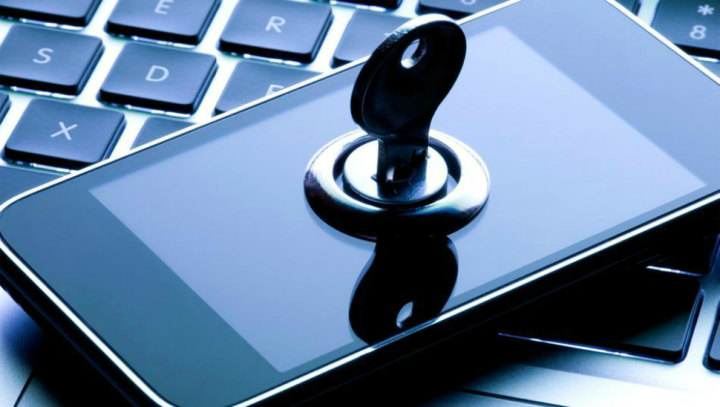
Cell phone unlocking, under the Digital Millennium Copyright Act (DMCA), is currently not allowed. It is illegal to go around the digital locks that mobile carriers such as AT&T and Sprint implement on the cell phones they sell. A recent bill aims to make that practive legal, but it has advocates upset over one small, but very important, detail.
The Unlocking Consumer Choice and Wireless Competition Act passed in the U.S. House of Representatives by a vote of 295-114. According to the bill, users can unlock cell phones, so long as it is “initiated by the owner … by another person at the direction of the owner, or by a provider of a commercial mobile radio service or a commercial mobile data service.”
While that sounds exactly what consumer choice advocates strived for with legalizing cell phone unlocking, the bill disallows cell phone unlocking in order to conduct “bulk unlocking.” In other words, businesses can’t buy phones, unlock them, and sell them to interested consumers. Thus, enter the Electronic Frontier Foundation.
The EFF believes that, by excluding business that purchase, unlock, and sell unlocked cell phones, Congress can use copyright law to dish out punishment to bulk resellers, even though these businesses do not infringe on any copyright. According to the EFF, bulk unlocking not only benefits customers in that they have more freedom to take their device where they want to, but also benefits the environment in that it allows for less electronic waste.
As an alternative, the EFF pushes for the Unlocking Technology Act. Introduced by Representative Zoe Lofgren and others, the bill aims to not only legalize cell phone unlocking, but also change the DMCA so any violation of copyright protection would be restricted to copyright infringement cases.
Since the Unlocking Consumer Choice and Wireless Competition Act have passed through the House, its next destination is the Senate.


